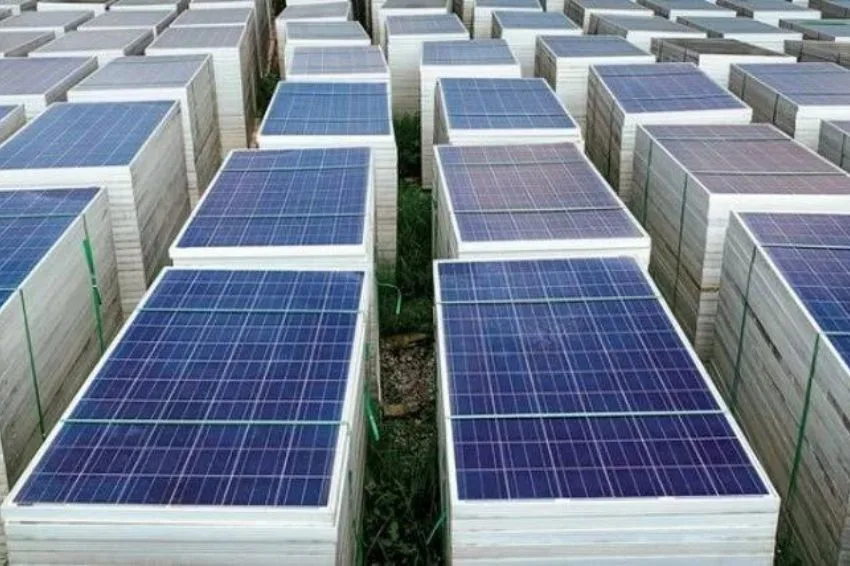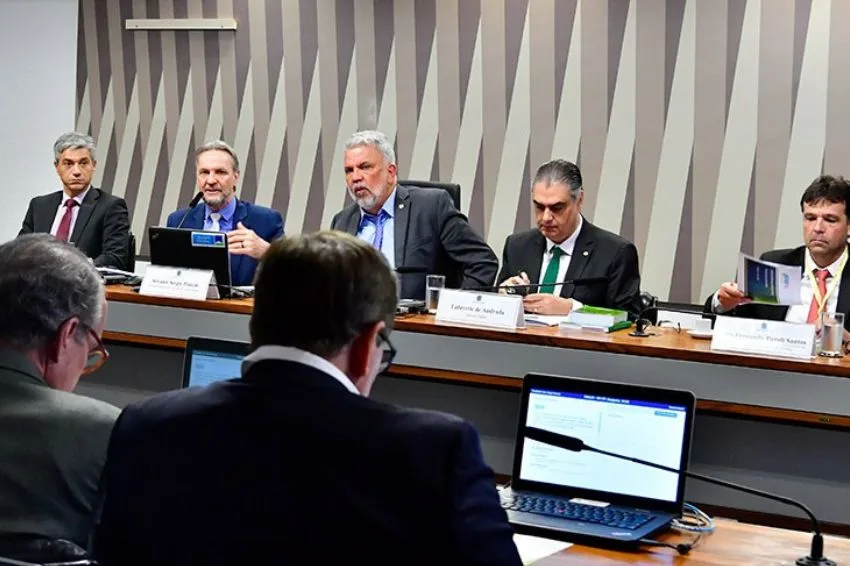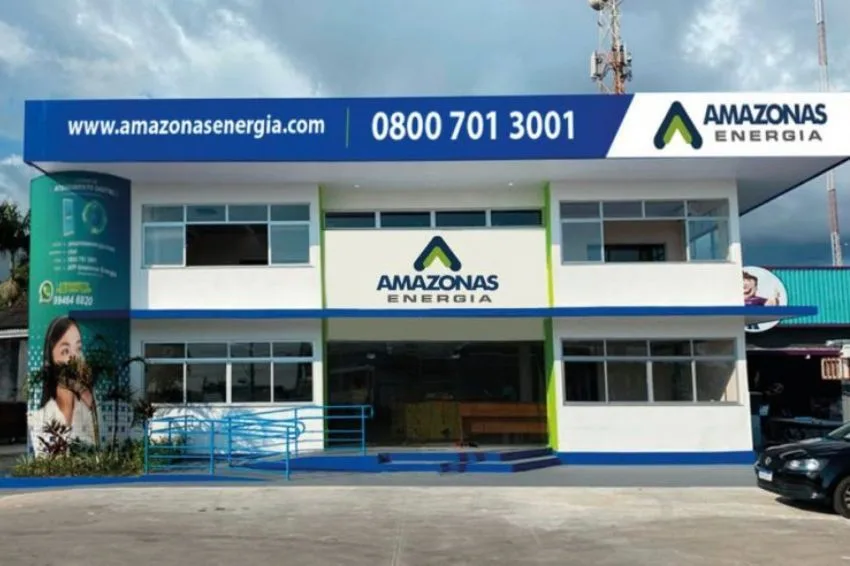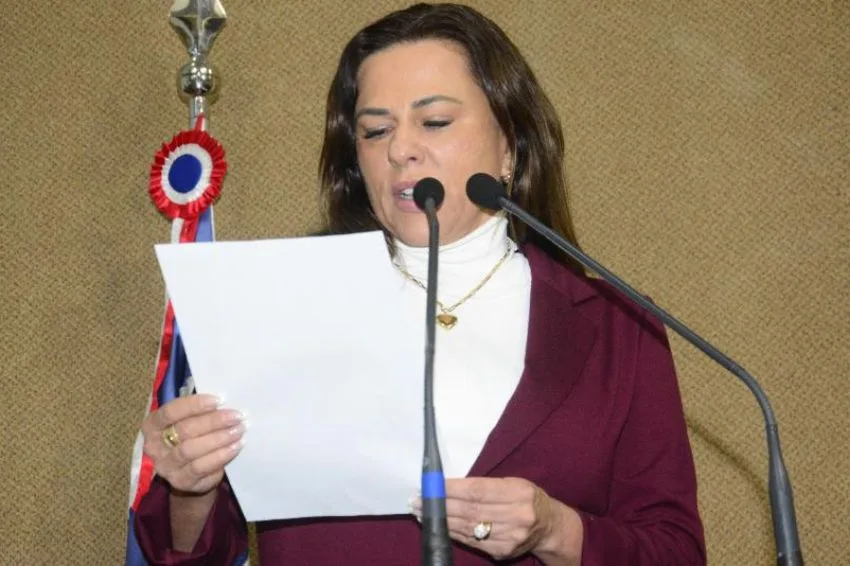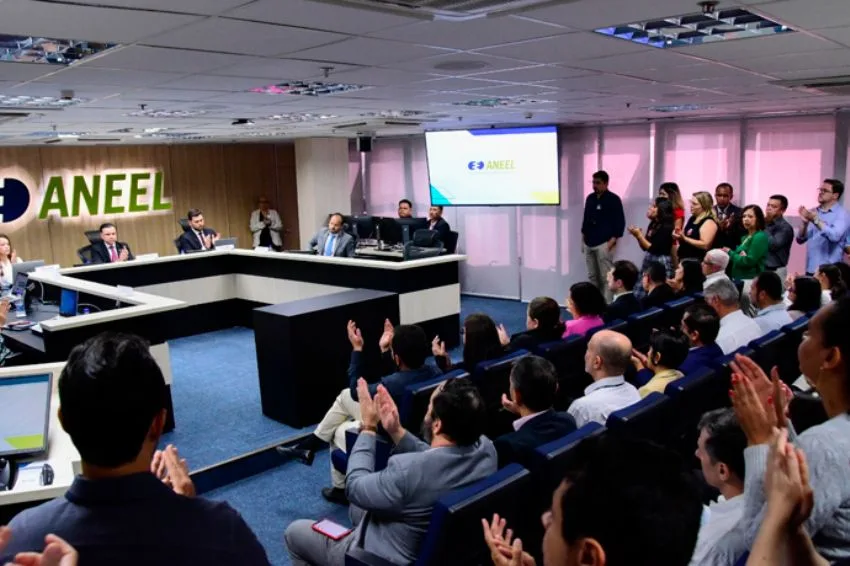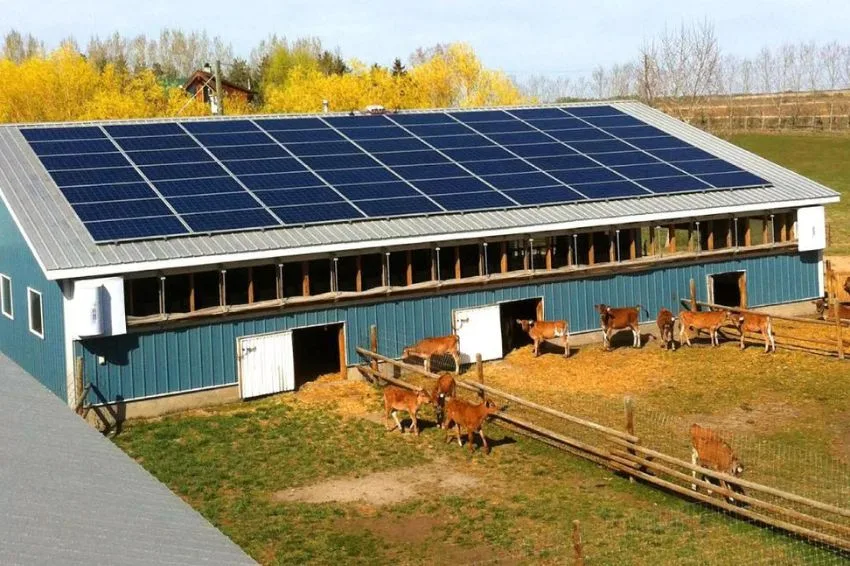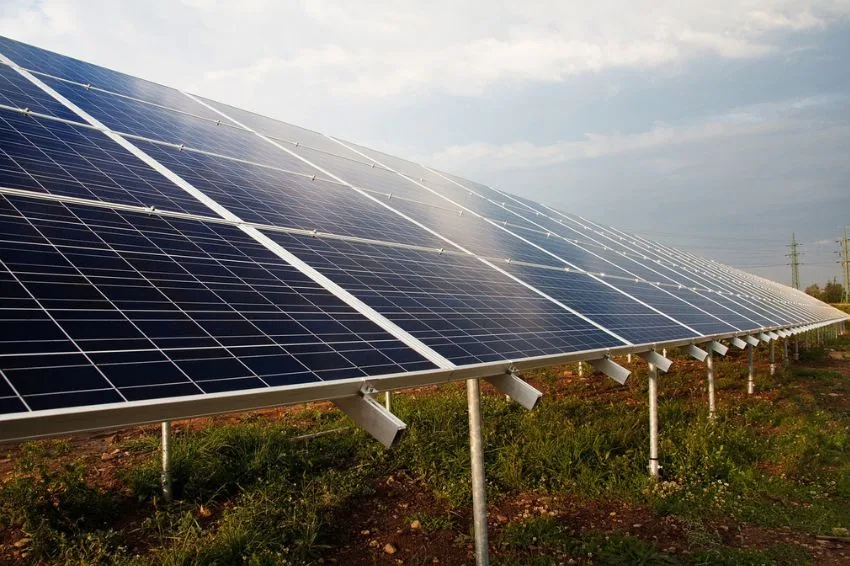A Chamber of Deputies started the processing of Bill No. 998/24, which aims to define rules for iencourage the reuse, the recycling and adequate environmental disposal of solar panels.
The proposal seeks to create a incentive policy, guaranteeing funds, lines of credit, certification systems and specific tax incentives for research, technological innovation and implementation for recycling equipment.
They are among the policy objectives:
- Expand recycling of photovoltaic panels;
- Reduce the environmental impacts of these products;
- Promote more efficient, safe and economical recycling technologies;
- Define clear standards on shared responsibility for the life cycle of photovoltaic panels, covering manufacturers, importers, distributors, traders, consumers and holders of public urban cleaning services.
The bill establishes that it will be up to the public administration to issue complementary rules and regulations, including eligibility criteria and ways to access financing lines and tax and financial benefits.
Sector growth
The author of the text, deputy Benes Leocádio (União-RN), states that the Brazil has seen dizzying growth in the solar energy sectorr, whose participation in the electrical matrix rose from 11.6% to more than 18% in just one year, according to data from ABSOLATE (Brazilian Photovoltaic Solar Energy Association).
According to the parliamentarian, the final destination of the solar panels is “potential source of problems” due to the volume of waste to be generated in the coming years, especially due to the lack of an efficient reuse and recycling chain.
“The problem is even more notable due to the presence of dangerous elements in the components of photovoltaic panels, such as hydrogen selenide”, highlights the parliamentarian.
Next steps
O bill will now be analyzed, conclusively, by six committees of the Chamber of Deputies: Mines and Energy; Urban Development; Environment and Sustainable Development; Finance and Taxation; Constitution and Justice; and Citizenship.
A proposal, in the process of being processed, also will need be considered and approved by the Federal Senate to become law.
The conclusive nature is nothing more than a procedural rite by which a bill is voted on only by the committees designated to analyze it, eliminating the need for deliberation in the Plenary.
The project loses its conclusive character if there is a divergent decision between the committees or if, regardless of whether it is approved or rejected, there is an appeal signed by 52 deputies to consider the matter in the Plenary, together with the other parliamentarians.
With information from Agência Câmara de Notícias
All content on Canal Solar is protected by copyright law, and partial or total reproduction of this site in any medium is expressly prohibited. If you are interested in collaborating or reusing some of our material, we ask that you contact us via email: [email protected].


